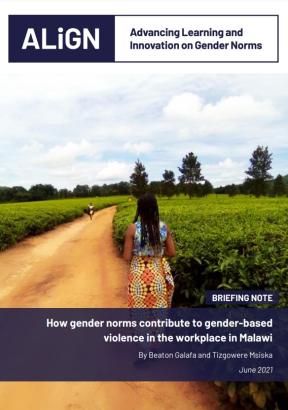- Briefing paper
- 19 août 2021
Gender-based violence against LGBTQI people in civil society workplaces in Kigali city
- Author: Fidele Mutoni, Liliane Umwiza, Erick Mujyanama
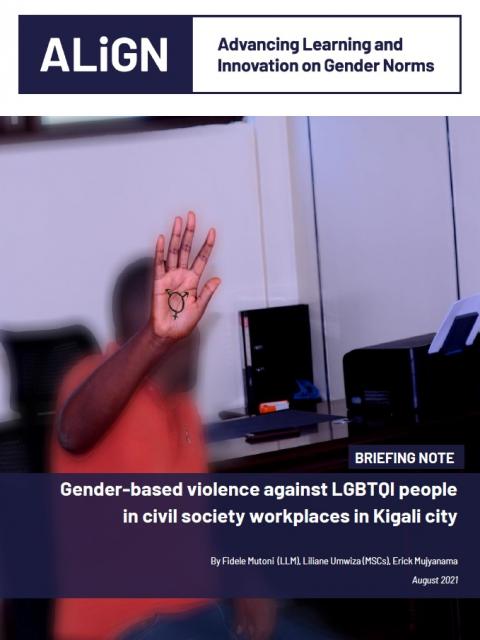
This study was conducted by the Living Equality Initiative (LIVEI Rwanda) under the funding of the Advancing Learning and Innovation on Gender Norms (ALIGN). It is an exploratory and mixed methods study that aimed to identify types of gender norms affecting LGBTQI community members among civil society workplace in the Kigali (Rwanda).
The study targeted 20 Civil Society Organisations (CSOs) locate in the three districts of Kigali (Gasabo, Kicukiro and Nyarugenge) and 160 individuals from LGBTQI communities in Kigali to provide their views about gender-based violence (GBV) among LGBTQI people deep-rooted by existing gender norms.
The findings revealed that discriminatory social and gender norms contribute to the GBV experienced by LGBTQI people within the workplaces of assessed civil-society organisations in Kigali. The most prevalent type of GBV reported is emotional violence (85%), followed by sexual violence (35%). Physical violence is the form of GBV least likely to be experienced. LGBTQI people are subjected to social discrimination, including the denial of employment opportunities on the basis of their gender identity and sexual orientation.
Member of the LGBTQI community working in the majority of the CSOs assessed in Kigali feel the need to keep their sexual orientation or gender identity a secret to avoid stigmatisation and discriminatory acts, including the risk of dismissal from their jobs. The majority of CSOs have no internal grievance mechanisms or safeguarding policies that integrate provisions on GBV in the workplace. This increases the risks of exposure to discrimination, derogatory language and negative gender stereotypes.
This report is an output from the second round of ALIGN's micro-granting facility which provides organisations based in low- and middle-income countries with grants for research and learning. See more about this round of funding.
- Countries / Regions:
- Rwanda
Related resources
2 November 2020
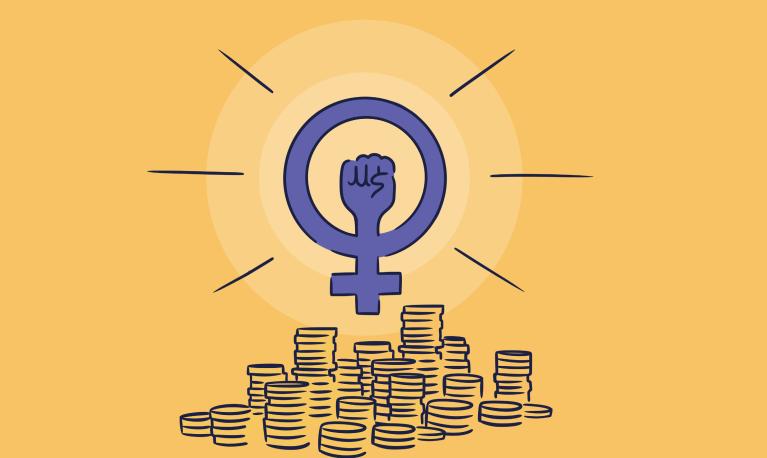
ALIGN's micro-grant scheme provides small funding grants to individuals and organisations with the aim of generating new research, synthesis and brokering to better understand various aspects of…
9 June 2021
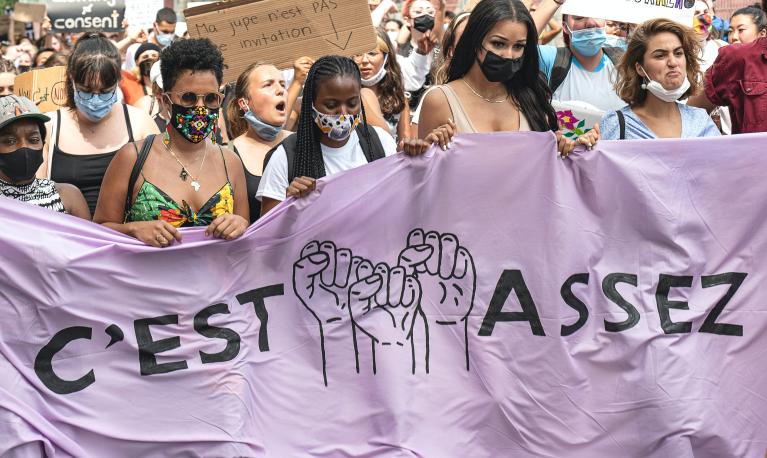
ALIGN's second round of micro-grant funding focused on research into effective action on the gender norms that underpin gender-based violence in the workplace and features outputs from Zimbabwe,…
Briefing paper
25 août 2021
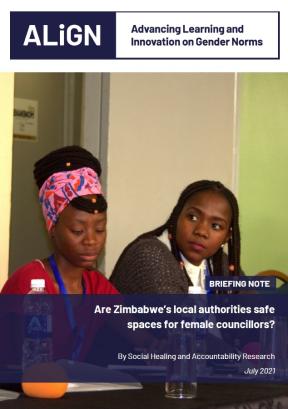
Briefing paper
25 août 2021
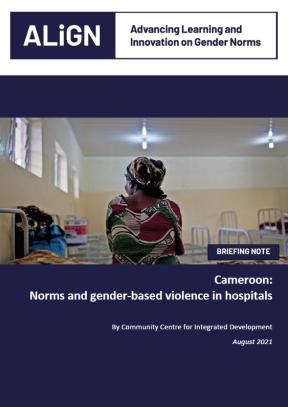
Briefing paper
22 juillet 2021
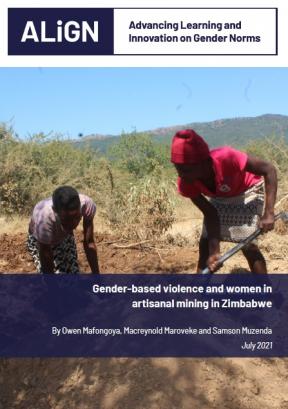
Briefing paper
12 juillet 2021
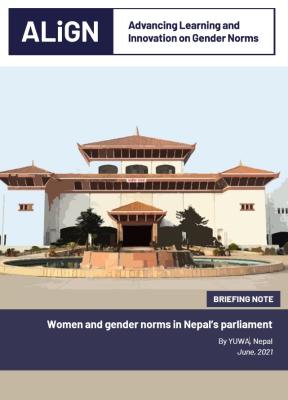
Briefing paper
24 juin 2021
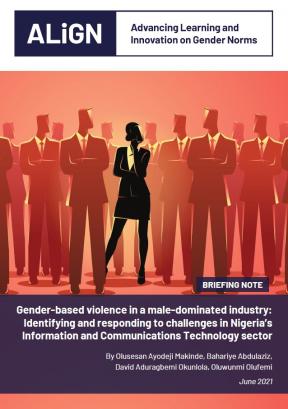
Briefing paper
7 juin 2021
